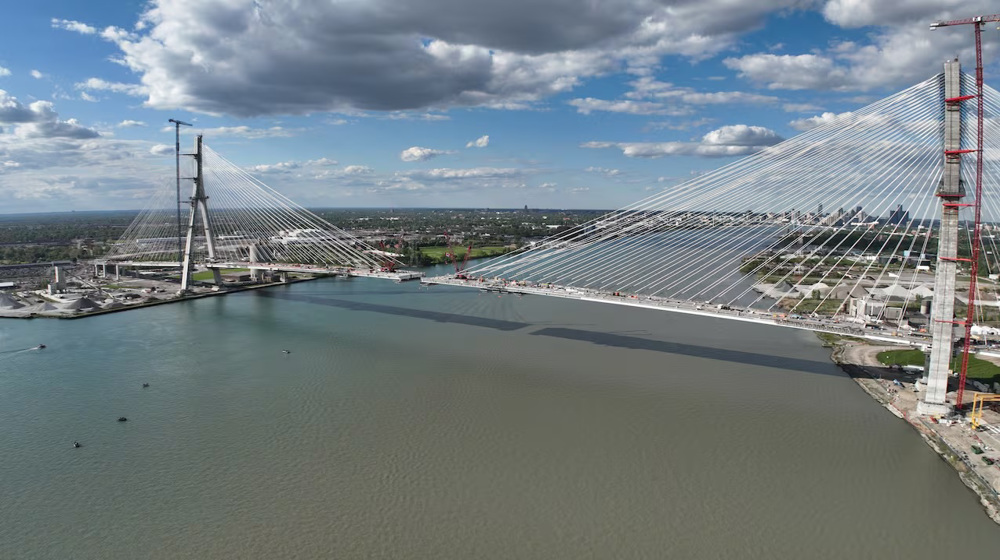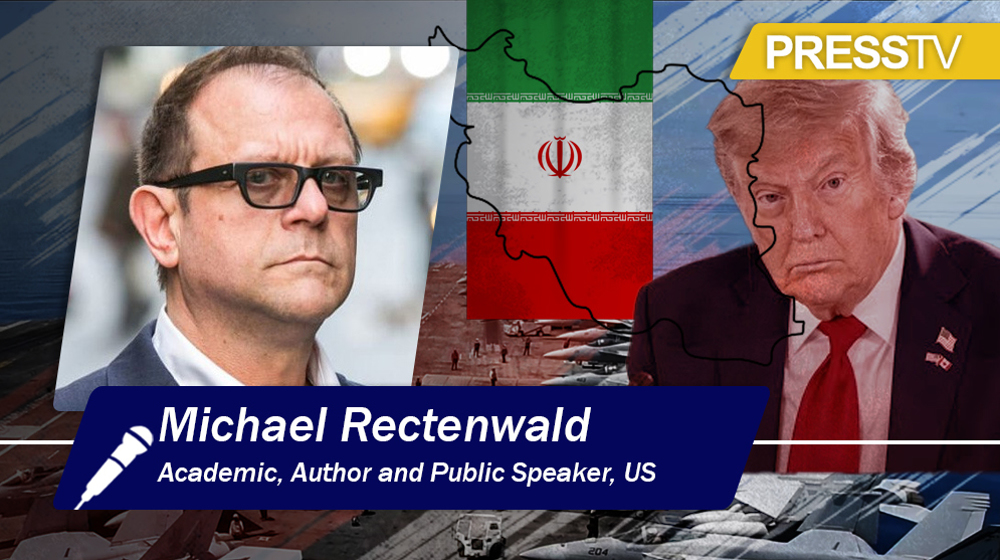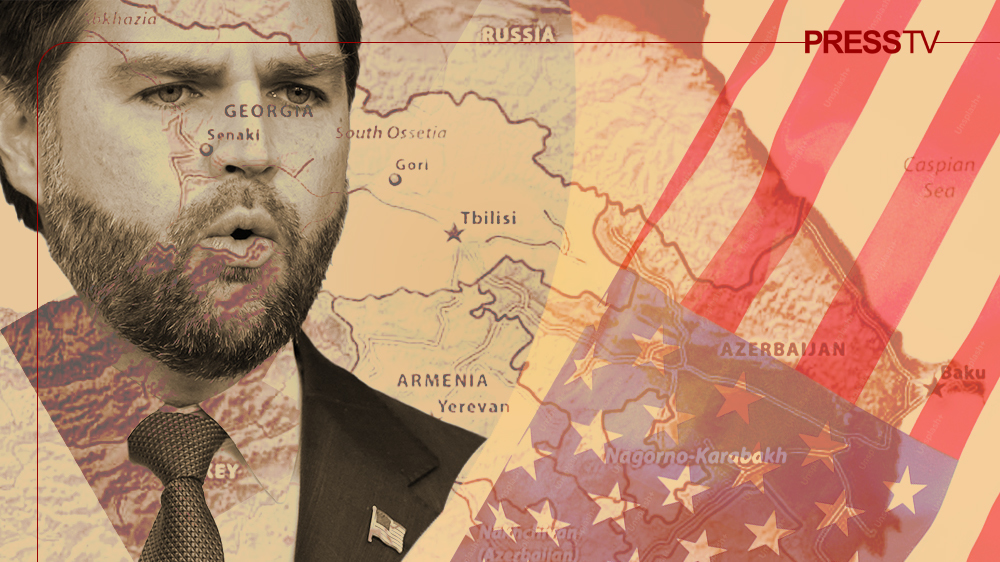Trump isolated at G20 summit over trade, climate change
The United States, under President Donald Trump, was isolated on everything from trade to climate change during this year’s G20 summit in Hamburg, Germany.
For years the United States was the dominant force and set the agenda at the annual gathering of the leaders of the world’s 20 largest economies.
But the growing international isolation of Washington was clearly apparent Friday as the leaders of major world economies mounted a nearly united opposition front against the US on a range of issues, including climate, trade, security and migrant policies.
During Friday’s meeting, there were tough clashes with the United States and even talk of a possible transatlantic trade war. The tensions were a result of Trump’s sharp break with previous US policies.
Trump’s isolation was more evident on the issue of trade. The Trump administration has proposed imposing high tariffs on steel and other imported goods from several major trading partners.
European officials at the summit reacted harshly, threatening to retaliate with their own tariffs. “If global trade rules are not upheld, the EU will retaliate, but I cannot say now exactly how and when,” Cecilia Malmstrom, the European trade commissioner, warned Friday.
“We will respond with countermeasures if need be, hoping that this is not actually necessary,” the European Commission president, Jean-Claude Juncker, said on Friday. “We are prepared to take up arms if need be.”
The comments show that European officials do not fear Trump and see much to gain politically from opposing him. Trump is deeply unpopular in Europe, and politicians there can get a political boost when they highlight their differences.
Read more:
In a joint communique, Brazil, Russia, India and China - the so-called BRICS countries - called on the G20 to push for implementation of the Paris climate deal, ratcheting up pressure on Trump to compromise on the treaty.
"The Paris agreement on climate change is an important consensus that doesn't come easily and must not be given up easily," said Chinese President Xi Jinping.

On Thursday, German Chancellor Angela Merkel, hosting the meeting, said she was committed to an open international trading system, despite fears of US protectionism under the Trump administration.
“Compromise can only be found if we accommodate each others' views,” she pointed out.
Merkel, who faced the difficult job of bridging the differences, made little attempt to minimize the disagreements after the first day of meetings. “The discussions are very difficult. I don’t want to talk around that,” she said.
Meanwhile, thousands of protesters from around Europe have poured into Germany’s second largest city to join big demonstrations during the July 7-8 summit.
Trump’s unpopularity in Europe, as well as his apparent disregard for international treaties and human rights have helped mobilize a massive protest movement this year.
Report: Epstein account remained active after death, lists Israeli ex-military figure among contacts
VIDEO | Choosing to stay: Palestinian-Americans building life at home
FM questions ‘narrative’ pushed by Israeli-American Trump donor’s outlet ahead of Netanyahu visit
US lawmaker blasts attorney general for ‘lying under oath’ over handling of Epstein probe
Iran received no concrete US proposal in Oman talks: Security chief
Nouri al-Maliki defends Hashd al-Shaabi as inseparable part of Iraqi security system
British PM Keir Starmer faces calls to resign
Iran’s Kowsar satellite beams Islamic Revolution anniversary message across region












 This makes it easy to access the Press TV website
This makes it easy to access the Press TV website